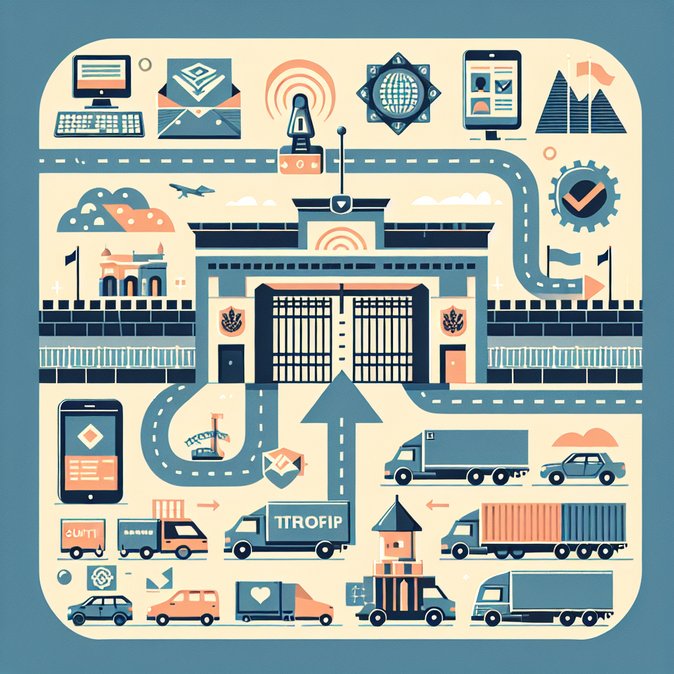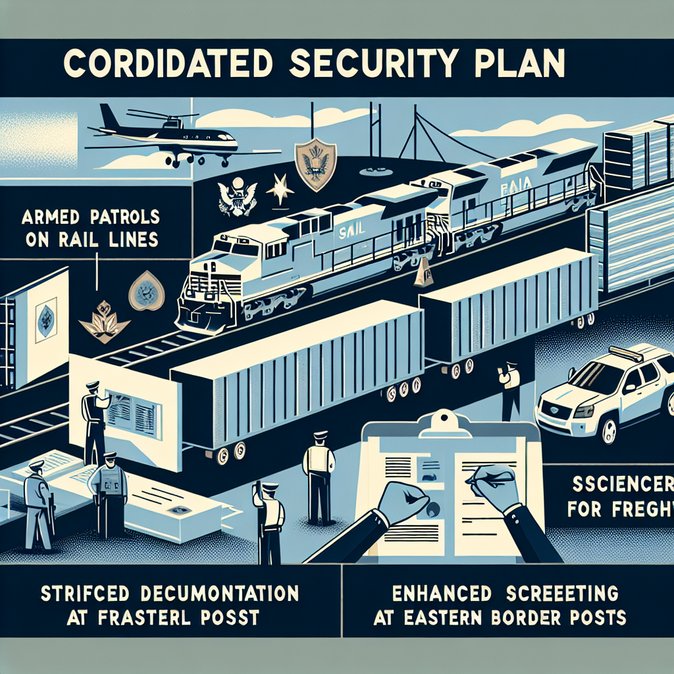
Polish authorities are investigating what Prime Minister Donald Tusk has called an “unprecedented act of sabotage” after an explosive device demolished a section of track on the strategic Warsaw–Lublin railway during the night of 16-17 November. The line – one of several used to funnel humanitarian aid and military supplies toward Ukraine – was closed for nine hours, forcing passenger services onto buses and delaying at least 23 freight trains, including automotive components bound for plants in eastern Poland.
Forensic teams confirmed that a military-grade charge was detonated near the village of Mika, 100 km south-east of Warsaw. Hours later, a second incident occurred closer to Lublin when a train with 475 passengers struck track damage and overhead power lines were found severed. No casualties were reported, but rail infrastructure manager PKP PLK warned that even minor deformation at cruising speed could have caused mass derailment.
![Rail sabotage on Warsaw–Lublin corridor disrupts aid route to Ukraine; probe underway]()
Interior Minister Marcin Kierwiński told reporters that CCTV footage, drone imagery and metallurgical residue collected at the sites point to professional execution. Tusk said two Ukrainian nationals recruited by Russian intelligence are primary suspects; the pair are believed to have crossed into Belarus via the Terespol checkpoint minutes after the blast. The Kremlin dismissed the accusation as “Russophobia,” yet Warsaw is preparing European Arrest Warrants and has asked Minsk for cooperation.
Security analysts note that the attacks follow a series of fires and cyber-intrusions attributed to Russian hybrid tactics across Europe. Poland responded by deploying army patrols to inspect 420 km of critical east-west rail, doubling Railway Security Guard manpower on the line, and activating a contingency timetable that diverts heavy cargo through the Tomaszów Lubelski corridor to Ukraine.
Business implications are immediate: exporters should expect rolling 24-hour speed restrictions on the Warsaw–Lublin line while ballast and signalling are replaced, and may face added security paperwork akin to ADR dangerous-goods declarations. Multinational firms with supply chains running through the Małaszewicze dry port are advised to audit routing options and verify insurance coverage for sabotage-related delays.
Forensic teams confirmed that a military-grade charge was detonated near the village of Mika, 100 km south-east of Warsaw. Hours later, a second incident occurred closer to Lublin when a train with 475 passengers struck track damage and overhead power lines were found severed. No casualties were reported, but rail infrastructure manager PKP PLK warned that even minor deformation at cruising speed could have caused mass derailment.

Interior Minister Marcin Kierwiński told reporters that CCTV footage, drone imagery and metallurgical residue collected at the sites point to professional execution. Tusk said two Ukrainian nationals recruited by Russian intelligence are primary suspects; the pair are believed to have crossed into Belarus via the Terespol checkpoint minutes after the blast. The Kremlin dismissed the accusation as “Russophobia,” yet Warsaw is preparing European Arrest Warrants and has asked Minsk for cooperation.
Security analysts note that the attacks follow a series of fires and cyber-intrusions attributed to Russian hybrid tactics across Europe. Poland responded by deploying army patrols to inspect 420 km of critical east-west rail, doubling Railway Security Guard manpower on the line, and activating a contingency timetable that diverts heavy cargo through the Tomaszów Lubelski corridor to Ukraine.
Business implications are immediate: exporters should expect rolling 24-hour speed restrictions on the Warsaw–Lublin line while ballast and signalling are replaced, and may face added security paperwork akin to ADR dangerous-goods declarations. Multinational firms with supply chains running through the Małaszewicze dry port are advised to audit routing options and verify insurance coverage for sabotage-related delays.


